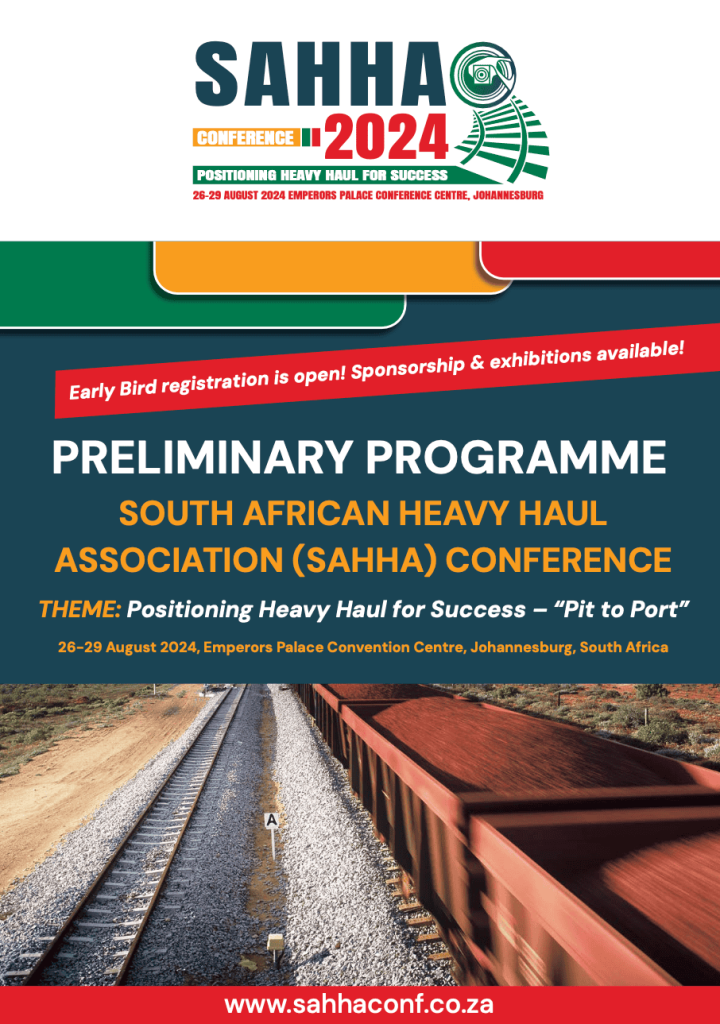The new UK chancellor, Rachel Reeves, yesterday became the first ever woman in the office to deliver an annual budget statement. The headlines have been filled with talk of taxation that affects the cost of employment and inheritance, but there was also a massive public borrowing programme, which will be used to invest in national infrastructure, with transport, rail and ports all in line for spending.
As always, it’s about the economy, stupid. Yesterday, Britain’s economy took a wild swing towards high taxes and high spending. The new left-wing Labour government delivered its first budget. Predictably, it has already been called “stupid” by the political opposition. However, it is unquestionably the biggest tax-raising budget in UK history. The headline figure is a UK£40bn tax bill for the British economy. However, some of that revenue-raising will be directed towards a programme of national infrastructure development, which reflects well on trade routes, both inland and international.
Concerns across offshore energy sectors
The chancellor’s speech did not mention an embarrassing gaff over a retracted announcement (made earlier in the week) of further freeports. Instead, there was a vague reference to trade routes and maritime infrastructure.“We are confirming our plans to capitalise the National Wealth Fund [an investment vehicle, currently unfunded],” said Rachel Reeves. “To invest in the industries of the future, from gigafactories to ports to green hydrogen. Building on these investments is driving forward our modern industrial strategy.”
“The shipping industry is vital to UK growth and prosperity, and announcements on green hydrogen hubs and investment into customs areas at freeports are welcome,” said the influential UK Chamber of Shipping in an official response. “However, there are legitimate concerns across offshore energy sectors, which will need serious consideration.”
Re-announcing existing projects
The Chamber of Shipping urged the government to be bolder still. “We now need to go further and use Government investment to unlock wider shipping industry finance for key projects,” said their statement. “This includes delivering on training of the workforce of the future, leveraging the creation of Skills England, and delivering new maritime infrastructure.”

On shore, the prospect of transport investment was cautiously welcomed. “Like any other sector, the rail industry needs certainty to succeed,” said Noel Dolphin, Head of UK Projects at Furrer + Frey – an engineering technology company that has pioneered railway electrification. The Swiss headquartered company has been developing a system of retractable overhead wiring, specifically designed for freight terminal operations. “It was good to hear Rachel Reeves confirm the futures of several rail projects that are already underway,” he said, noting particularly an extensive upgrade project to railways connecting ports in the north of England, including Liverpool and Hull (the TransPennine Route Upgrade). “However, merely completing existing rail projects is a far cry from the bold action needed to secure the climate resilience and modern rail network only a rolling programme of electrification can deliver.”
Tariff-free trade
The Budget speech is only a snapshot of the legislation it introduces – albeit a 76-minute-long exposure of a snapshot. The Budget Statement is a vastly more detailed document, running to several hundred pages. Hidden within it are the details of economic policy, all of which can be significant. For example, read through to page 137, and the maintenance of a tariff-free import regime is affirmed. The government says this is to avoid unnecessary costs for UK businesses. “This measure will extend, until June 2026, tariff suspensions on goods ranging from aluminium frames used by UK bicycle manufacturers to ingredients used by UK food producers,” says the Statement. This is a line that cuts across trade, industry and foreign policy.

In the detailed statement, the government confirmed funding for Investment Zones and Freeports across the UK. This includes the approval of what they call the “East Midlands Investment Zone” to support advanced manufacturing and green industries – in the heart of the so-called Logistics Golden Triangle. The government did roll back on the Freeport’s gaff, and “confirm” that five new customs sites will be designated in existing Freeports. “The government will also work to ensure the Freeports policy model aligns with the national Industrial Strategy,” the chancellor’s statement says.
Attract green shipping to the UK
The UK Chamber of Shipping has recommended some investment priorities that it believes the chancellor should pursue with urgency. “Such projects include shore power and the deployment of alternative fuels, which will need continued access to competitive R&D and commercial feasibility grants, alongside access to the National Wealth Fund. This investment will create new jobs and attract green shipping to the UK, benefiting not just maritime areas but communities and supply chains across the country.”
“The government has created the National Wealth Fund to catalyse over £70 billion of private investment,” says the chancellor’s Budget Statement. “[We will] set out plans for a modern Industrial Strategy to support investment in growth-driving sectors, and [launch] a pensions review to unlock greater investment in UK growth assets. The markets have been sanguine in response to the government’s plans. However the cost of bonds – the interest rates offered by international markets to the UK government – have marginally risen overnight. Hardly surprising – even a modest interest rate rise on £70bn of borrowing is going to make a very healthy profit.
